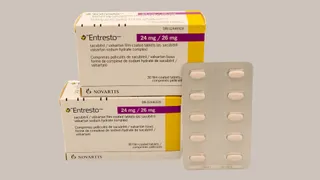
Under surveillance: generic and biosimilar MAs
Regulatory surveillance includes a variety of options for drug companies and other stakeholders to monitor future and pending marketing authorisation applications (MAAs). EU regulatory surveillance allows companies to monitor whether generic or biosimilar MAAs are pending in the EU. This allows companies to prepare for the launch of a competitor product or potential advocacy and litigation activities. Such activities should be carefully considered in light of competition law, and may be aimed at protecting regulatory data protection and market exclusivity rights, and/or patent and supplementary protection certificates.
Already registered?
Login to your account
If you don't have a login or your access has expired, you will need to purchase a subscription to gain access to this article, including all our online content.
For more information on individual annual subscriptions for full paid access and corporate subscription options please contact us.
To request a FREE 2-week trial subscription, please signup.
NOTE - this can take up to 48hrs to be approved.
For multi-user price options, or to check if your company has an existing subscription that we can add you to for FREE, please email Adrian Tapping at atapping@newtonmedia.co.uk

